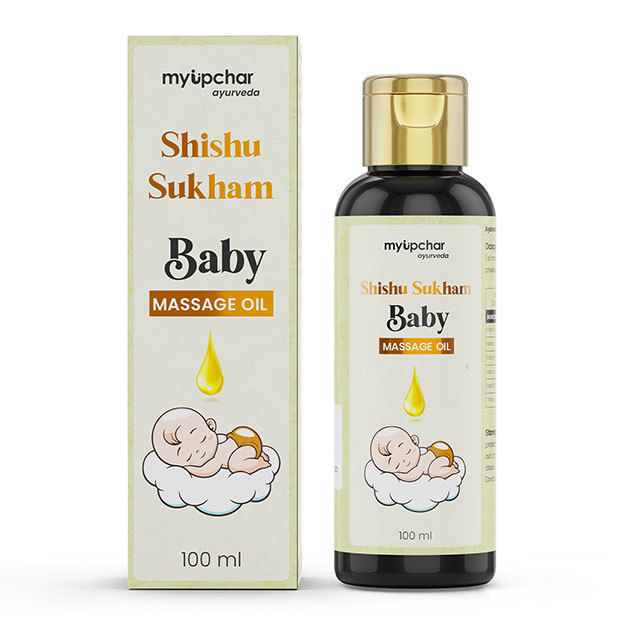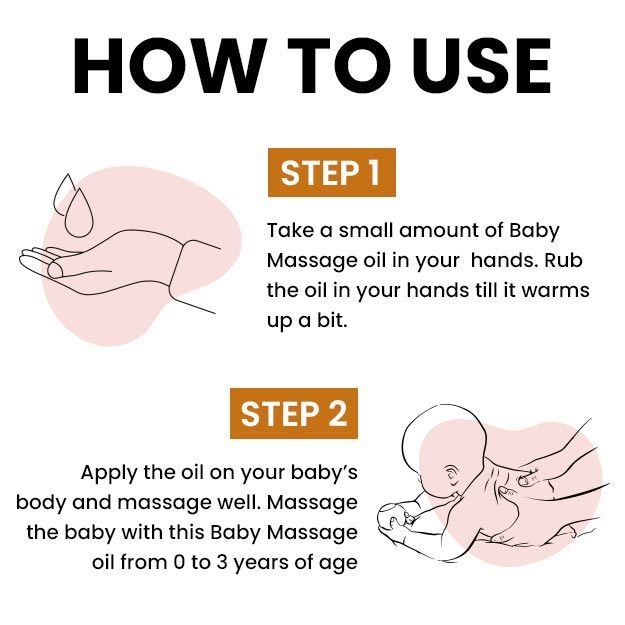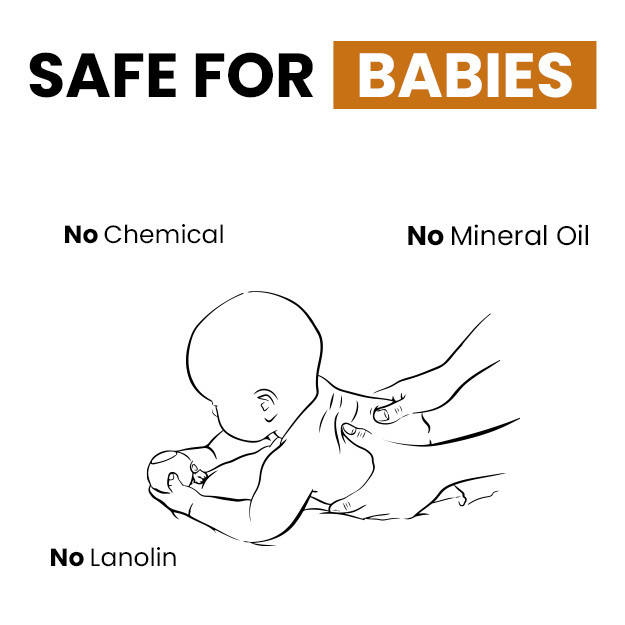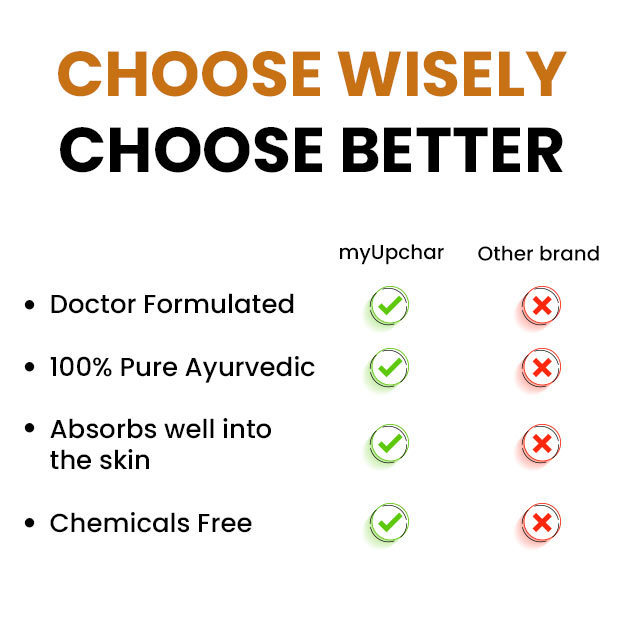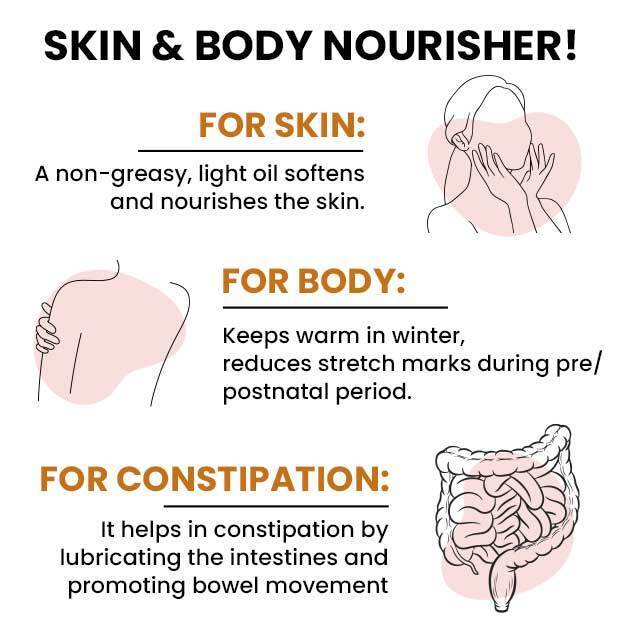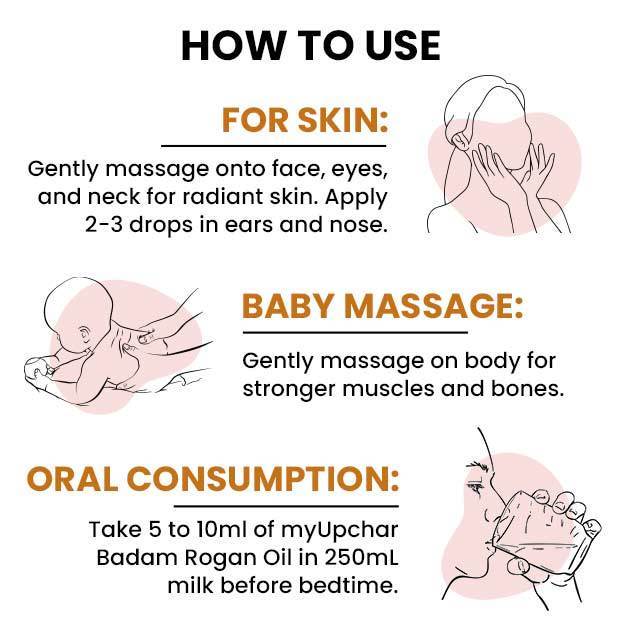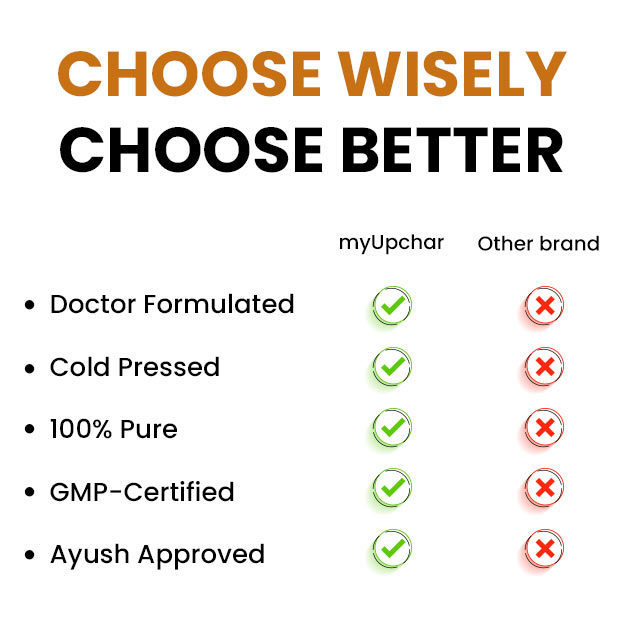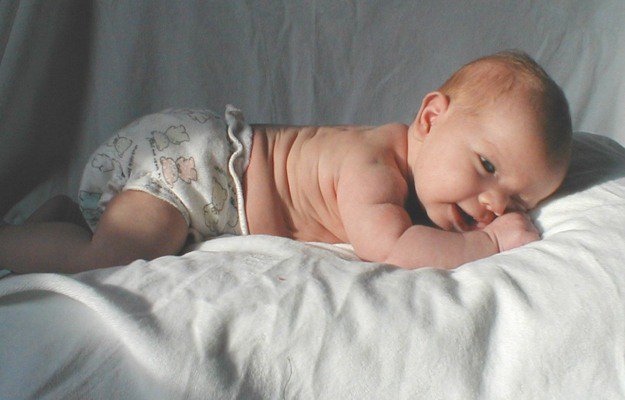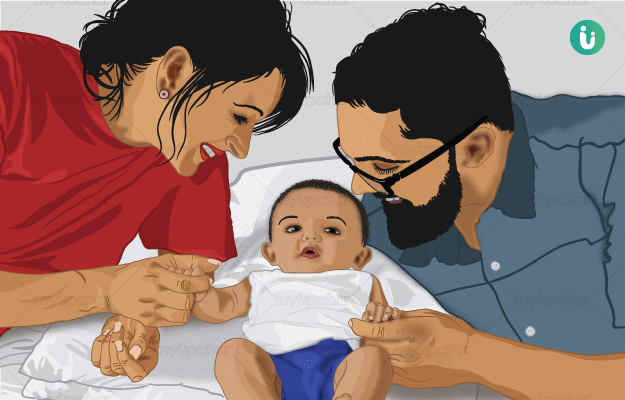If you are a new mom, the first day with your baby can be exciting and confusing all at once. High on emotions, you may find yourself laughing and crying simultaneously. It is normal to find yourself counting your baby’s every breath and get alarmed by the tiniest of irregularities. However, you need to understand that the outside environment is new for your baby. He/she is trying to cope with it after spending nine months in your warm and cosy womb.
99% Savings - Buy Just @1 Rs
X

- हिं - हिंदी
- En - English
- Treatment
-
- Skin Issues
- Acne
- Fungal Infection
-
- Hair Problems
- Hair Growth
- Hair Dandruff
- Self-Analysis
-
- Chronic Diseases
- Diabetes
- Heart Care
- Weight Loss
- Sleep Support
- Liver Care
- Stress & Anxiety
- Our Brands
- Doctor Consultation
- Medicine A-Z
-
Health A-Z
-
- Treatments
- Home Remedies
- Herbs
- Surgery
- Lab Test
- Therapy
- First Aid
- Ayurveda
- Homeopathy
-
- Yoga And Fitness
- Fitness
- Yoga
- Weight Loss
- Weight Gain
-
- Other Topics
- Baby Names
- Beauty
- Healthy Foods
- Tips
- Health News
- Pet Health
- Men Health
- Medical Cannabis
- Login / Sign Up



